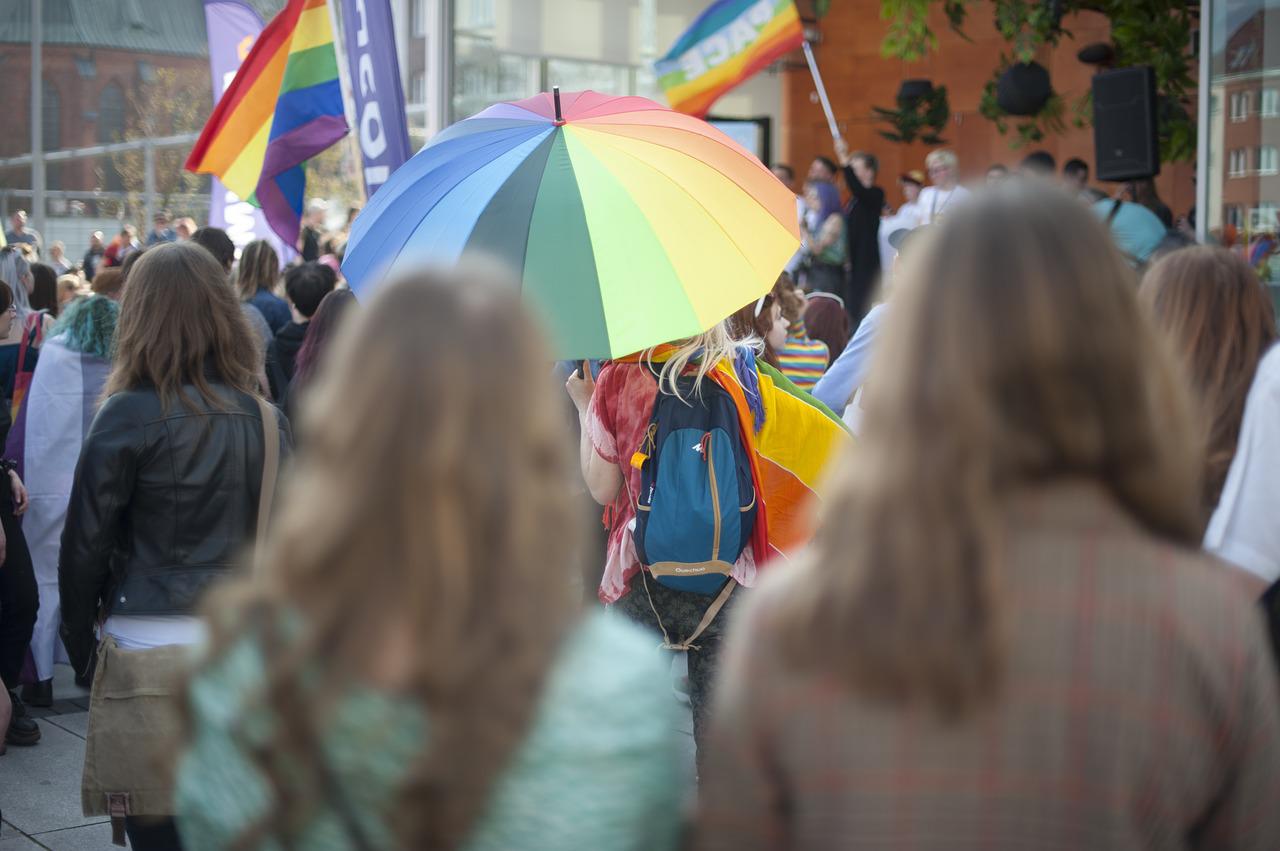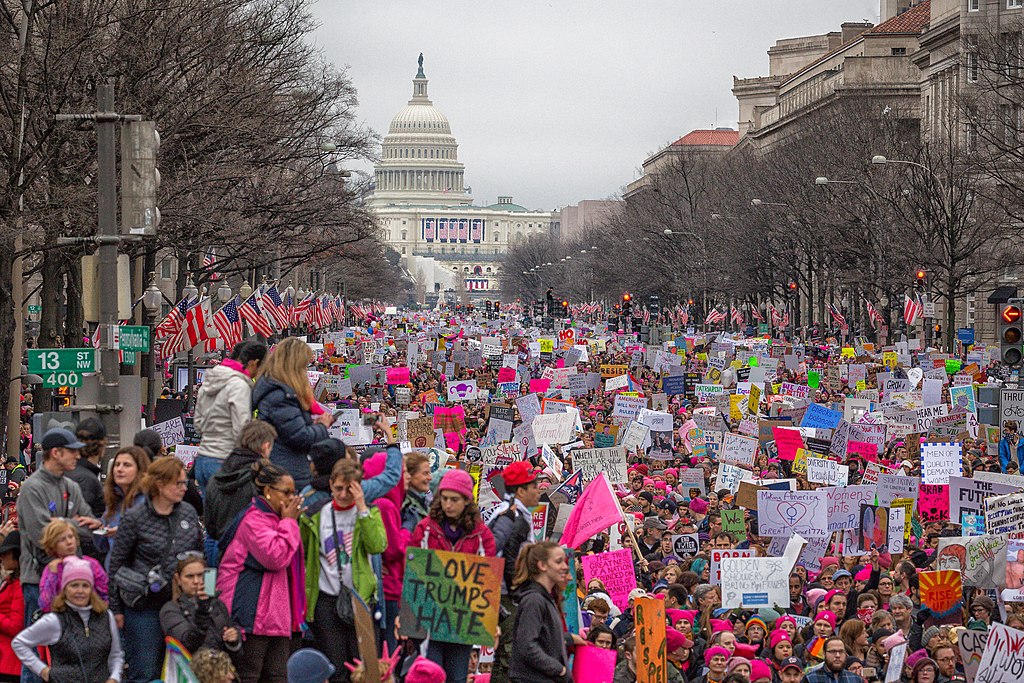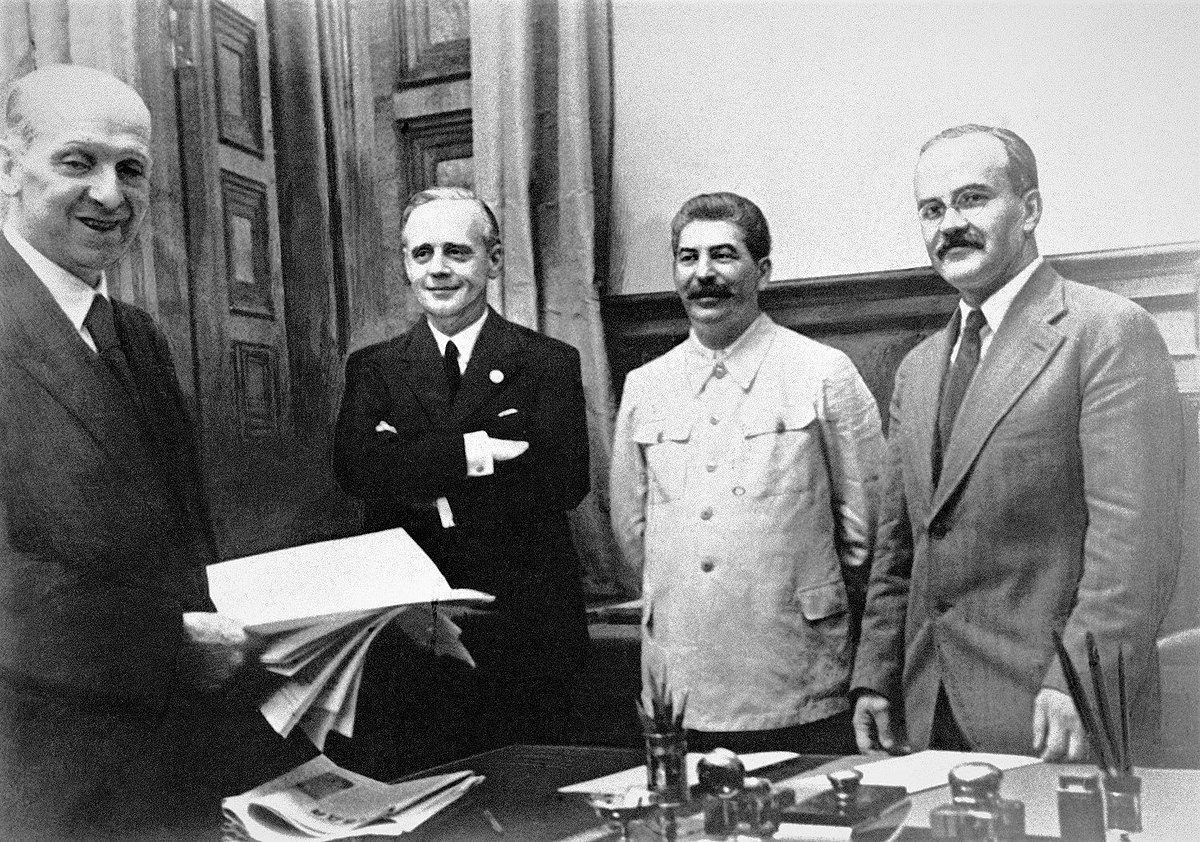The big disappointment of the mainstream: young Poles are not as left leaning

They are against the liberalization of abortion laws, or the introduction of civil unions. They strongly disagree with the call for the legalization of marijuana. On top of that, they believe in God. What group are we talking about? The answer lies in the “The Political Portrait of Young Poles 2023.”
Karol Gac
The liberal-left media in Poland have been sounding the alarm for several weeks. The reason is simple – young people are not at all as leftist as they tried to convince us. Does this mean they are conservative? Not at all. Their views are much more complex, and they are also sometimes contradictory. One thing is certain – young Poles are certainly escaping the usual patterns and definitions. Their values and views are brought closer by “The Political Portrait of Young Poles 2023,” a comprehensive report prepared by the Indicator Marketing Research Center and the Konrad Adenauer Foundation in Germany. Importantly, this is the second installment of this survey (the first took place in 2019), which makes it possible to compare what changes have taken place over the past four years.
“Invariably, our object of interest and the group surveyed are people with active voting rights (at least 18 years old) who have not entered the conventional age of adulthood (i.e., by the age of 30). This means that the population to which we infer results from the sample is 4.66 million people born between 1993 and 2005, or 14.9% of the total eligible adult voting population.” – Adam Kądziela, coordinator of the project, a PhD student at Warsaw University’s Department of Political Science and International Studies and former head of the youth branch of the liberal Nowoczesna party, writes in the introduction.
Abortion? No, thank you
Young Poles were asked as many as 63 questions about their interest in politics, voting preferences, views on key socio-economic issues, or those that related to assessing the economic situation and their own level of satisfaction with life. However, it was the indicators on worldview issues that resonated most loudly in the media.
The report shows that nearly 60% of respondents oppose liberalizing access to abortion, with 58.5% “rather disagree” with this demand. Interestingly, women are more likely to oppose the proposal (62.2% of them “rather disagree”) than men (55.1% of them “rather disagree”). “This is the question that probably arouses the most emotion, and any attempts to contradict these results are based on this question. Two years ago, the Daszynski Institute organized a similar survey, asking about abortion rights. It phrased the questions a little differently, giving a choice of either how to liberalize or how to tighten abortion laws, and this distribution was very similar, 40:60. What is worth noting is that the young respondents are not residents of only big cities. They are not residents of large urban centers, almost 45% of them live in rural areas. We must be aware that these views are formed in a different way,” Kądziela explained on TVN24.
The results regarding the demand for the introduction of civil unions are similar. 62.6% of those surveyed are against the proposal, of which 5.8% “definitely” and 56.8% “rather.” As for the gender breakdown, the responses look similar, with 5.6% of women saying “definitely” no, and 59.9% “rather” no, while for men the figures are 5.9% and 53.9%, respectively.

The situation is quite different in matters concerning IVF and contraception. 59.7% of respondents (including 10.3 percent “definitely”) believe that they should be financed from the state budget. Young people were also asked what they think about the introduction of separation of church and state. As many as 80.2% of respondents agree with such a demand, including 15.7% that “strongly” agree. The results regarding the legalization of “recreational” marijuana are also rather interesting. As many as 89.4% of respondents spoke against it, of whom 20.1% were “strongly” opposed. “To say that the young are conservatives would be simplistic, yet on several worldview issues this is the case,” said Kądziela.
Media alert
The above data caused an uproar in the liberal-left media. Not surprisingly. For years they have argued that young Poles are far more liberal and left-wing than the rest of society. Some journalists tried to undermine the survey’s methodology, while others simply criticized it. For example, in the left-wing portal natemat.pl, we could read an anonymous (sic) statement by an “expert from one of the well-known centers” who denies the representative sampling. In turn, Andrzej Machowski, on the pages of Gazeta Wyborcza, tried to argue that the report’s results “are a picture that completely contradicts many studies, which unanimously confirm that the opposite is true.” As he adds, the content of the questions and the “overrepresentation of Law and Justice voters” may be to blame. At the same time, several interviewees were also invited to at least express doubt.
The coordinator of the report decided to react to these voices in the pages of Wyborcza. As he pointed out, “the conviction of the need to reject what does not agree with our perception of reality intensifies the mechanism of denial and leads to an attempt to question the results obtained.” Kądziela aptly points out that it is inaccurate to compare studies if only because of different research techniques, the timing of the study, and the sample size.
As he reminded, the CBM Indicator survey was conducted on a sample of 1,200 people aged 18-30, unlike many other surveys that focus on the general population. “In quantitative research, the peculiarity of the relationship between the researcher and the phenomena or object under study lies in the researcher’s dissociated, cool attitude, which eliminates his involvement. We therefore analyzed social facts from the position of an outside observer. We determined voter preferences on the basis of the actual responses of respondents, rather than assumptions based on an unspecified estimate.” – he points out in response to another argument.
“We allow the information bubbles we are stuck in to grow, reasserting our own – often erroneous – beliefs about social reality. Meanwhile, a prerequisite for understanding the outside world, including the views and attitudes of young Poles, is to abandon myths and get out of the toxic relationship we have with our perceptions. The real world is much more complex and has little in common with the content published on Facebook and Instagram. The earlier the exit from the bubble, the less painful the collision with reality will be,” Kądziela writes in Gazeta Wyborcza.
Defense, climate, economy
Worldview issues, however, are only a small part of all the questions posed to young Poles. They were also asked about economic issues, social issues, and party preferences, among others. Thus, 75.4% of respondents disagree (and 14.7% “strongly”) that every citizen who has a military category should undergo compulsory military training, but almost 86% of respondents (26.6% “strongly”) believe that defense spending should be increased. Virtually the same number of respondents (86.5%) indicated that the government should help refugees from Ukraine. Interestingly, at the same time, 58.2% responded that Poland should not help “refugees from the Middle East and Africa.”
As many as 96.1% of young Poles are also against the introduction of the death penalty (27.4% “strongly”), while nearly 80% of respondents also believe that the government should take decisive steps to combat the climate crisis (13.4% “strongly”). More than half (58.6%) also believe that Poland should not demand that Germany pay reparations.

In turn, 9 in 10 young Poles (92.6%) indicated that the retirement age should not be raised to 67 for men and women. At the same time, 91% of respondents (28.7% “strongly”) are convinced that taxes should be low. 73.7% of respondents also declared that “the state should fight inflation by reducing social spending and raising interest rates,” while 67% said that the state should build housing for the young, and 74% said that the 500+ social subsidy program should not be abolished. Interestingly, 78% of young Poles also indicated that the Sunday commercial trading ban should not be eliminated. 82.6% of respondents are against Poland joining the eurozone.
Important insights into the policies desired by the young are provided by the answers to questions on the areas of social life supported by the state, such as pro-family policy, pension policy, education, housing policy, and public transportation. For each of these areas, the majority of young people prefer systemic solutions to direct financial transfers. In pro-family policy, it was 56.2%, in pension policy 53.5%, in housing policy 56.9%, in education 61.8%, and in public transportation policy 62%. The only electorate that mostly favored direct financial transfers was that of Law and Justice. According to the majority of young Poles (52.2%), adults are the main beneficiaries of social programs. Only 13.6 %of respondents pointed to young people, and 34.2% to senior citizens.
Right or left? Off the scale
Responses to socio-economic issues show how diverse a group we are dealing with. It is also apparent that young Poles define themselves quite differently from what has been established so far. 61.2% of them do not define their political views on the classic left-right axis, and place them off the scale or indicate a lack of specified views. In contrast, 17.4% place their views on the left and 11.5% on the right side of the political spectrum, while 9.9% consider themselves centrist. The respondents admitted that their main sources of information about politics are social media (29.3%), online news sites (27.7%) and family and friends (19.4%). At the same time, 61.6% of respondents rate the level of involvement of young Poles in political life as low or very low.
If young people already decide to become active in political life, they do so for three reasons: material benefits (19.9%), a desire for change and a real impact on reality (19.1%) or to gain experience and skills (19 percent). Respondents were also asked if they were interested in public affairs at all. 37.4% of them answered that political affairs interest them insofar as “the conditions of my life depend on political decisions,” while 38.8% felt that “it is necessary to have an elementary understanding of what is happening in the country.”
78.5% of young Poles declare themselves to be believers (including 46.4% as believers and practitioners, and 32.1% as believers and non-practitioners). However, relative to 2019 result (96.8%) this represents a decrease of nearly 20 p.p. The largest number of young people (44.3%) declare that they are single/unmarried. On the other hand, 30% of them live in a non-formal relationship, while one in four young people (24.6%) live in formalized relationships.
Young Poles consider family (13.5%), worldview or economic freedom (10.9%), health (9.3%) and ecology and the environment (8.9%) to be the most important values and areas in their lives.
The young will go to the polls. Who will benefit from it?
As many as 72.2% of young Poles said they would go to vote in the upcoming parliamentary elections. In the 2019 survey, the percentage was 62.2%. Ultimately, 46.4% of eligible young Poles went to the polling stations four years ago. Instead, there is an interesting development in the support of political parties among the surveyed group. 27% declared that they would cast their vote for Law and Justice, putting the party in first place.
The Civic Coalition enjoys slightly less support (24.7%), while the podium is closed by the Confederation, which was indicated by 19.2% of respondents. It was followed by the Left Together (14.1%), PSL-Polska 2050 (9.6%) and the Other Electoral Committee (1.7%). “If we look at how those who describe themselves as non-voters today respond to specific questions, we see that their answers most closely match those of Law and Justice voters. Thus, it is possible to pose a thesis that the young, who today do not want to vote, constitute a reservoir of Law and Justice voters, whom the party will probably want to encourage or mobilize to vote,” Kądziela pointed out in an interview with Interia.pl.
The data on the flow of the electorate compared to 2019 is also interesting. Thus, as many as 93.8% of young 2019 Law and Justice voters say they will vote for the party again. 54.2% of Civic Coalition voters intend to vote the same way, while 16.9% of them say they will support the Confederation and 10.8% the Left. 77.6% of voters who supported the Confederation four years ago will vote for the formation again. In contrast, 8.6% of former Confederation voters intend to cast their vote for the Civic Coalition, while 12.1% refused to answer this question.
As for the Left, 75.9% of voters of the 2019 KW Alliance of the Democratic Left intend to vote for it. 10.3% of SLD (Democratic Left) voters intend to cast their vote for the Confederation, and 6.9% for the Civic Coalition. 57.9% of young people who voted for the PSL in 2019 would cast their vote for Szymon Holownia’s PSL-Poland 2050 Coalition. 36.8% of them would vote for the Confederation. “The data from this survey is a bucket of cold water on the heads of politicians of all parties, because what comes out of it does not always correspond with how individual politicians perceive the expectations and attitudes of young people,” Kądziela told Interia.
The results presented in the report were obtained in the course of a survey conducted between March 13th-30th, 2023, using the CATI computer-assisted telephone interview method by the INDICATOR Marketing Research Center. The measurement was made on a nationwide sample of N=1200 people aged 18-30. The sample was representative of such variables as gender, age group, province, and city size




